You’ve been working on this group project for the past month.
For the most part, you get along well with your group, and you somehow manage to find time in your busy schedule to get your part done.
You open up your shared document and it looks like everyone's part is in…except Jimmy's.
He said he'd get it done, but the deadline is in a few hours and he hasn’t answered the group chat in days.

If this sounds familiar, you’ve experienced social loafing in a group project.
Being aware of what social loafing is — and knowing how to prevent and respond to it — will help save you from this kind of stress and make group work much more enjoyable.
What Is Social Loafing?
Social loafing happens when people in a group put in less effort than they would if they were working alone.
Feeling like someone isn't doing their fair share of the work can lead to tension and even resentment between group members, lower quality of work, and an overall unpleasant working experience.
When people say they “hate group work”, this is why.
Why Does Social Loafing Happen?
There are many factors and reasons for social loafing to happen, such as:
Group size: Social loafing is easier and more common in bigger groups.
Group dynamics: Social loafing tends to happen when there is poor communication and unclear roles/responsibilities.
Personal opinions about what's "fair": Some people may not think that all group members need to do the same things for it to be a “fair share” of the work.
Expectations of others: If a group member believes that someone else can (and will) do a task well without their input, they might put in less effort and allow others to take on more.
Working with strangers: When strangers are assigned to work on the same team or group together, a lack of trust and uncertainty is more common, which makes social loafing easier.
Quiz
Your teacher divided your class into groups to work on a group project. Which of the following make social loafing more likely? Select all that apply:
Tips For Preventing Social Loafing
The best way to respond to social loafing is prevention. Now that you know the red flags, you can take action to stop it from becoming a problem.
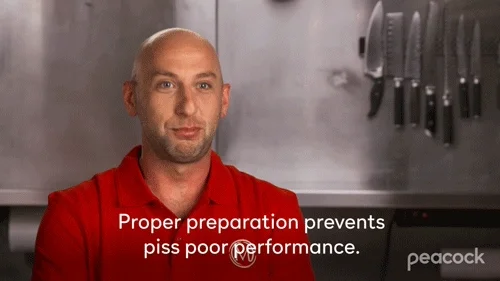
Some ways to be proactive and prevent social loafing include:
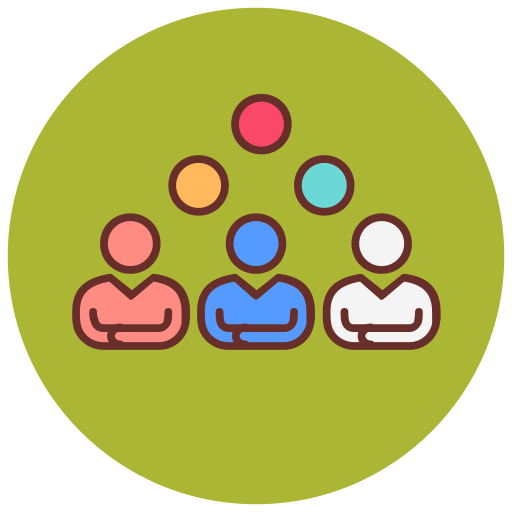 Try to keep your group small (e.g., 3-5 people). This can make managing it easier and help increase accountability for each member.
Try to keep your group small (e.g., 3-5 people). This can make managing it easier and help increase accountability for each member.
 Aim to schedule regular check-ins (e.g. weekly meetings, group chats, or project management tools). This can support communication and accountability.
Aim to schedule regular check-ins (e.g. weekly meetings, group chats, or project management tools). This can support communication and accountability.
 Work together to plan and assign tasks. This makes things seem more "fair" and keeps everyone accountable and aware of what's expected of them. People will also be more motivated to do their part if they feel it matches their strengths and interests.
Work together to plan and assign tasks. This makes things seem more "fair" and keeps everyone accountable and aware of what's expected of them. People will also be more motivated to do their part if they feel it matches their strengths and interests.
 Share and listen to EVERYONE'S ideas. Someone is more likely to contribute if they feel like a valued member of the group.
Share and listen to EVERYONE'S ideas. Someone is more likely to contribute if they feel like a valued member of the group.
Read this article for some different brainstorming techniques your group can use to get started.
Steps For Responding To Social Loafing
Sadly, sometimes social loafing is inevitable despite your best efforts of trying to prevent it.
Take a breath and focus on what you can do to address this problem.
Step 1: Talk with them one-on-one.
Social loafing is frustrating, but try your best to stay calm and approach social loafing with gentle questioning and mutual respect.
Sometimes, having a private conversation with someone and reminding them of what is expected of them can motivate them to step it up.
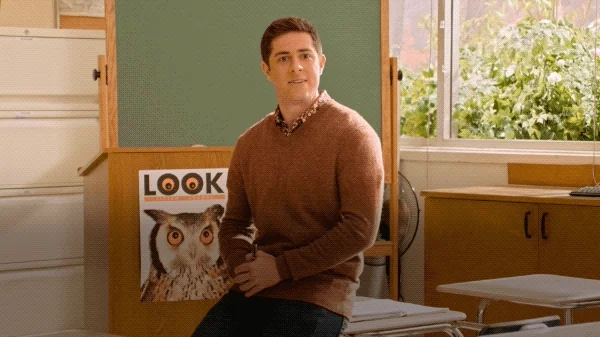
Step 2: Talk with your group.
If the social loafer(s) don’t respond to a private chat, they may take it more seriously when other group members share their observations and concerns. This will also be an opportunity to brainstorm and determine next steps.
Try to avoid making it seem like you’re attacking the social loafer or ganging up on them. This could escalate the situation, making everyone upset without finding a solution.
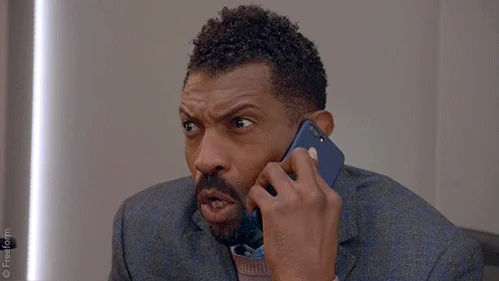
Step 3: Get advice from your teacher.
I know, I know, no one likes a tattletale. But ask yourself: Are you really okay with a social loafer getting rewarded for your hard work?
If the answer is no, and social loafing continues to be a problem and causes you and your group a lot of stress, your teacher is someone who can help you solve problems that you can’t handle on your own. Give that responsibility to your teacher.
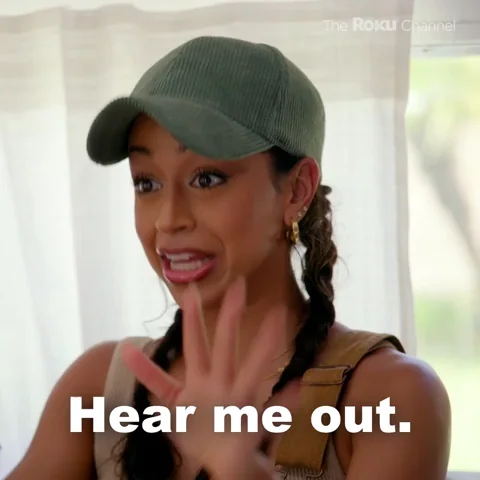
Quiz
You’re working on a group project that’s worth half your grade. Karen has spent the last 2 work periods scrolling through her phone. After trying a one-on-one chat, you want to bring it up at the next group meeting. How should you approach this?
Take Action
You'll experience group work in school or work, so it’s important to know how to deal with issues like social loafing now. Save yourself the headache and practice resolving this conflict in a professional and empathetic way.

Your feedback matters to us.
This Byte helped me better understand the topic.


